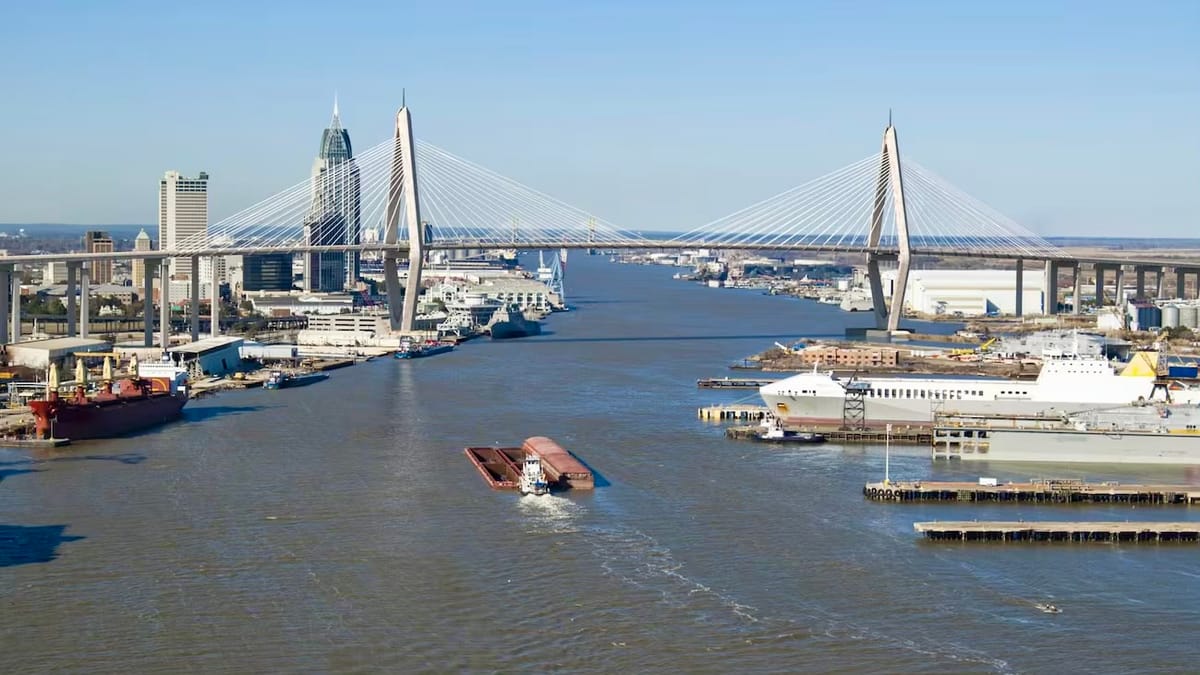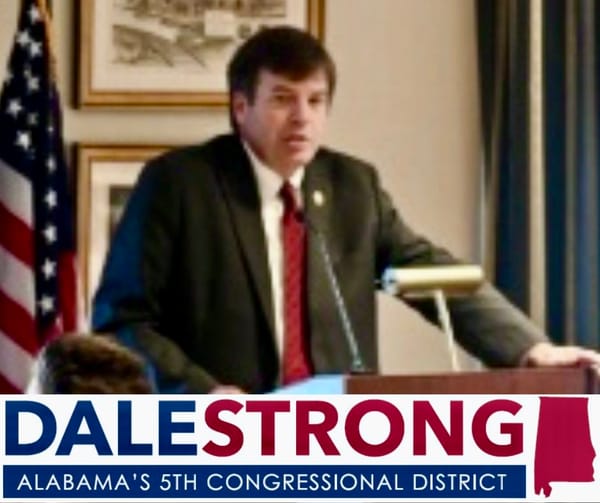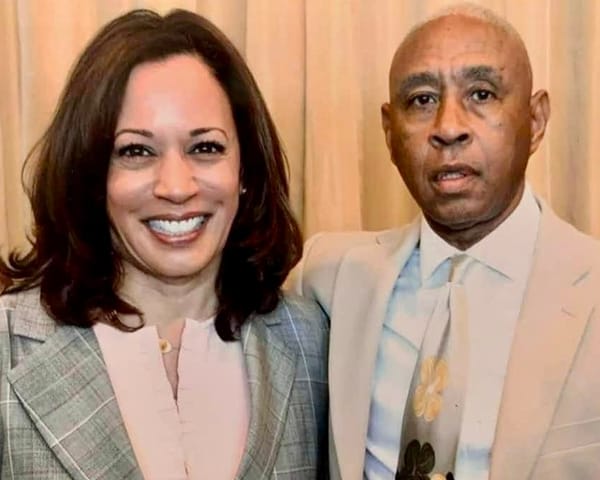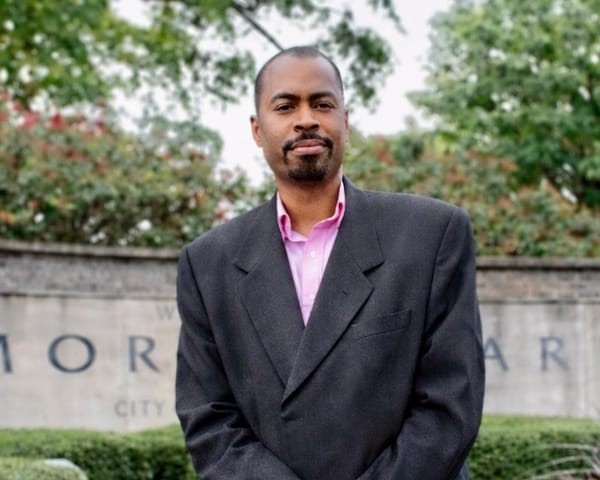Rep. Barry Moore cosponsors bipartisan Bridge Investment and Modernization Act
Joins Reps. Shomari C. Figures and Mike Ezell in effort to speed funding of I-10 Bayway Bridge

The bipartisan drive to shore up the nation’s aging bridges gained new momentum this week when U.S. Representative Barry Moore (R‑AL1) signed on as a cosponsor of the Bridge Investment and Modernization Act of 2025. The measure was introduced July 15 by Transportation and Infrastructure Committee members Reps. Shomari Figures (D‑AL2) and Mike Ezell (R‑MS). It would keep the federal Bridge Investment Program alive through 2031 and strike the rule that limited every State to just one large grant, a change backers say will speed work on big‑ticket projects such as the long‑delayed I‑10 Mobile River Bridge and Bayway.
Under the bill, States and local agencies could pursue several bridge grants at once, using a streamlined approval track crafted to cut paperwork and trim costs. The sponsors have already submitted the proposal to the House Surface Transportation Reauthorization Portal, where lawmakers are assembling a broader highway package expected on the floor later this year or early next.
Moore praised the legislation for moving dollars “where they’re needed most” while slashing Washington red tape.
“Alabama’s economy depends on strong roads and bridges to transport goods, support businesses, and connect our communities,” Moore said. “I’m proud to support this bill, which makes critical reauthorizations to move federal dollars where they’re needed most while cutting the bureaucratic red tape we see so often in Washington. This bill allows for continued investments in American infrastructure and specifically advances projects like the I‑10 Bridge and Bayway Project in Mobile, making travel safer and easier for so many across the Gulf Coast. I will continue working with President Trump and Transportation Secretary Duffy to ensure we deliver on a new I‑10 bridge.”
Alabama officials say design and permitting work on the I‑10 bridge—stalled for years by funding limits—could move at full speed once Congress passes the Act. Similar projects in other States would no longer have to wait their turn for the lone “big bridge” grant, a shift Moore calls “common‑sense budgeting” for a network that moves more than 42 million motorists a day.
With committee work set for early fall, House leaders hope to wrap the reauthorization package before the current highway law expires. For coastal shippers, Gulf Coast commuters, and the local crews ready to pour concrete, that timetable can’t come too soon.




